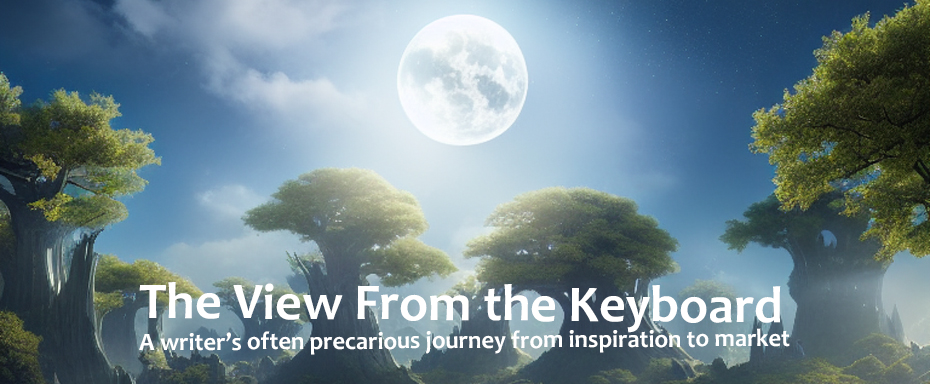This
post was first uploaded on Friday 20th January, 2017. Archived posts
have been recovered following irretrievable login problems.
I’ve spoken about the methods of research before but it’s a big topic and deserves further consideration. Unless working in a devoutly fantasy-based scenario, the writer deals with known quantities, and the question of accuracy arises. As an academic, research is a fundamental skill one learns, and it transplants well to writing fiction, though it’s not something unique to those who have haunted the dusty shelves of higher education. Research can actually be one of the most pleasurable things!
Enjoying the building of a library is a good start. I have been a book hoarder all my life, and my interests are well-supplied. I have had a lifetime interest in military history and the range of sources I have available is quite wide – 15 shelf-metres or so I would guess. The first question most ask is, have you read them all? No, of course not! But I work through them… I spend a lot of time on public transport and the best way to make a bus or train trip go by is to read. I have got through a lot of nonfiction over the years.
Academic research is now almost all electronic – students are trained to use the internet for research (a far cry from the ‘90s, when it was discouraged!) but also value physical books. Information is out there – it is calculated that the web is far larger than the casual visitor can ever know, as he or she only ever sees the “shallow web.” The “deep web” is where the specialists live, the technical and scholarly levels incomprehensible to laymen, and when that is totalled up as well it is estimated the entire WWW is currently around 7-point something (if I’m remembering correctly) “zettabytes” in size. According to Wikipedia: “The prefix zetta indicates multiplication by the seventh power of 1000 or 1021 in the International System of Units (SI). A zettabyte is one sextillion (one long scale trilliard) bytes. The unit symbol is ZB.” That’s a lot of information, and, obviously, you don’t need it to be a writer. I mention it for scale, so that when you are torn off a strip for getting a detail wrong in your story (as will happen eventually), you can keep a sense of perspective on just how localised and specific any knowledge base is.
The header photo is a collection of research materials targeted at the “Age of Fighting Sail” – having a historical project in hand set in this scenario means being familiar with the details, and it can be deceptive, when you come to seriously consider the events and specifics of a story you realise that here and there you are inclined to fall back on the fantasist’s stock in trade – to make assumptions and invent details to make the situation work, and this is absolutely verboten for historical fiction. You hit the books and websites, hit the forums, whatever resources are out there, and make sure you have it right.
Cheers, Mike Adamson


No comments:
Post a Comment